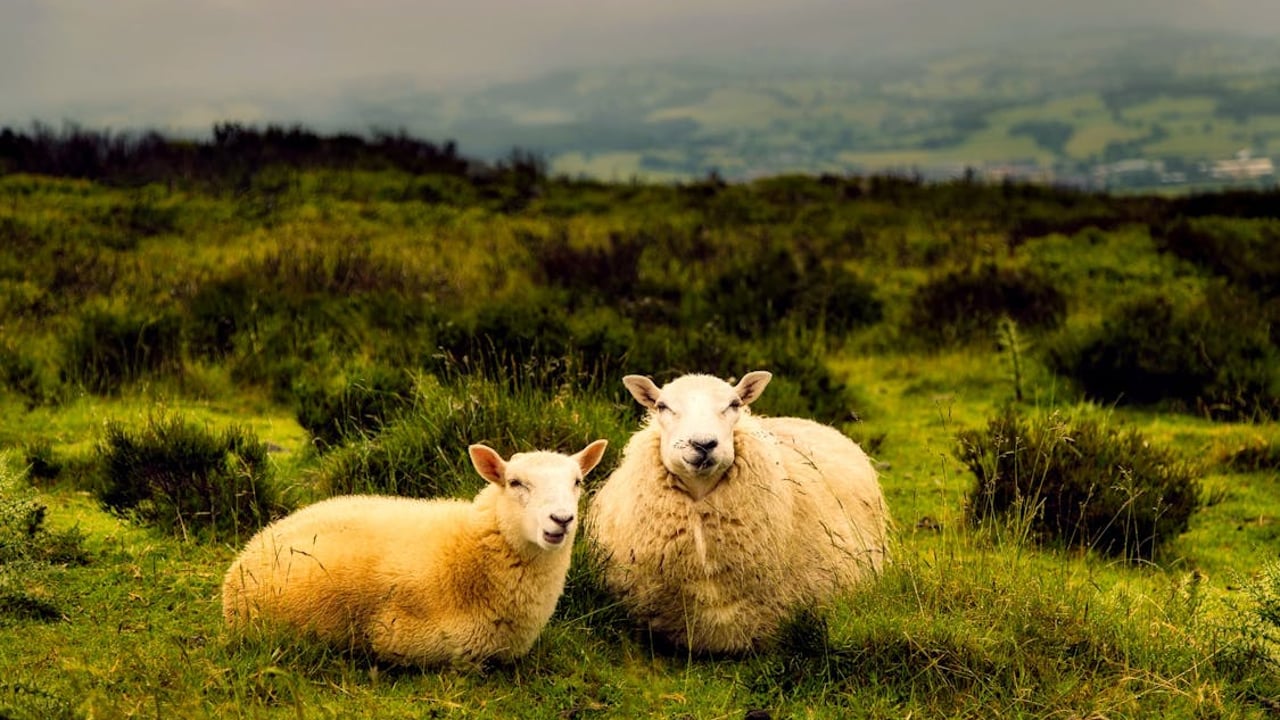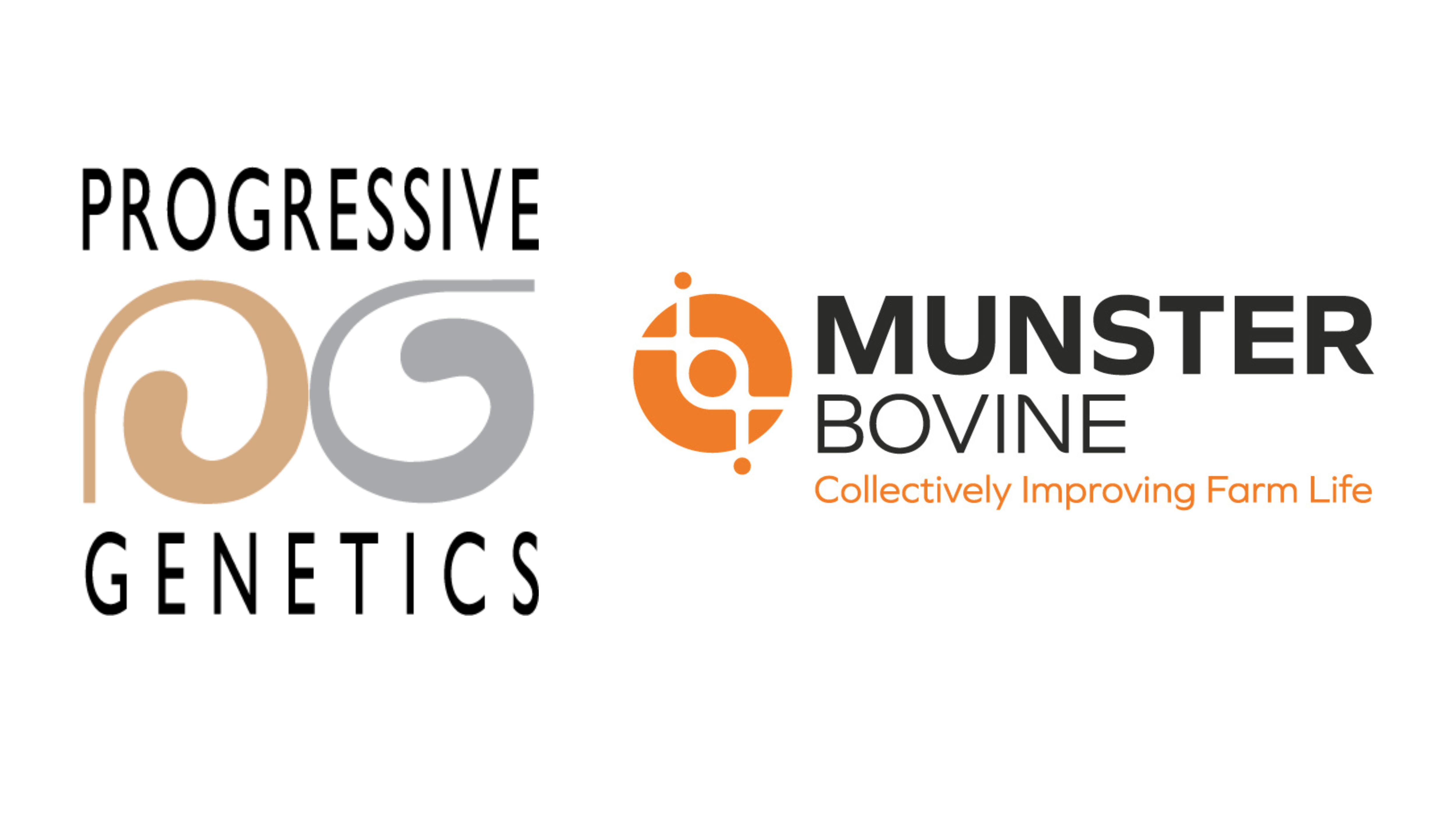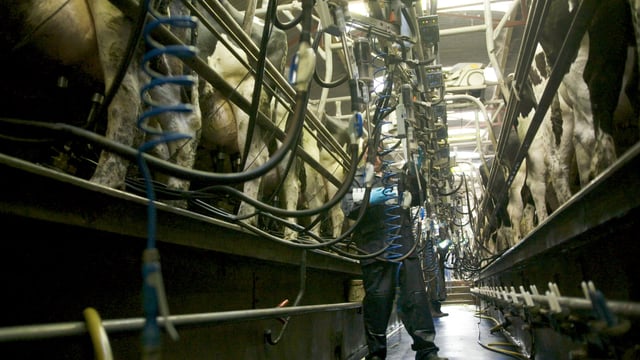McConalogue: Irish livestock 'at risk' from bluetongue
The Minister for Agriculture, Food and the Marine, Charlie McConalogue, has again warned today (Thursday, October 3) that Irish livestock are "at risk from bluetongue disease".
Minister McConalogue has also urged farmers to report any suspected cases of the disease to the Department of Agriculture, Food and the Marine (DAFM) promptly.
The department has highlighted that bluetongue has now spread widely across eastern England, with additional isolated cases detected recently in Somerset in south-west England and Gwynedd in north-west Wales.
"The disease has also spread across continental Europe, including France, Belgium, the Netherlands, Germany, Denmark, and Norway.
"Bluetongue poses a major threat to the Irish cattle and sheep industries, causing substantial losses to farmers and industry in countries which have experienced outbreaks," it stated.
Minister McConalogue warned that in light of this, the potential spread of the disease to Ireland has increased.
"Early detection of any outbreak in Ireland will be crucial to help us prevent onward spread.
" For that reason, I ask all farmers to report any suspect cases of bluetongue promptly. If we can detect and respond to an incursion at an early stage, we have a better chance of stopping its spread and protecting cattle and sheep across the country," the minister added.
He also detailed that DAFM is continuing to carry out a range of surveillance and risk-reducing activities, including increased active surveillance of higher risk animals, targeted surveillance, and awareness campaigns.
"I want to remind anyone involved in trading in and transport of livestock to and from affected areas and countries, to support these actions and work closely with their local Regional Veterinary Office," Minister McConalogue stated.
According to DAFM Bluetongue is a viral disease affecting cattle, sheep, goats, alpacas and other ruminants and camelids.
"Bluetongue does not pose a food safety or public health risk.
"It is spread between animals by biting midges. There are many different serotypes. Bluetongue virus 3 (BTV-3) is currently the most serious threat. It has been spreading rapidly across north-western Europe since last autumn," the department stated.
Separately the DAFM has ruled out paying compensation for any imported animals which test positive for bluetongue post-entry into Ireland.
This was confirmed in a bluetongue virus update published earlier this week (Monday, September 30) by the DAFM’s National Disease Control Centre (NDCC).





